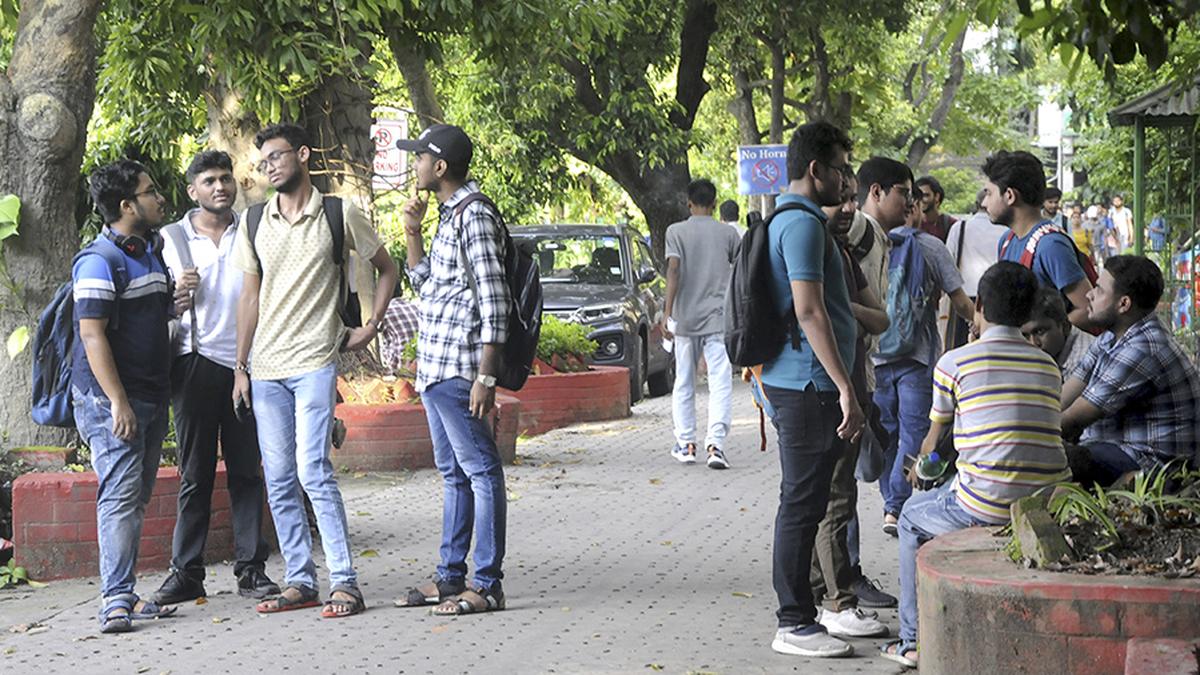
Jadavpur University launches new UNICEF-aided course on improving communication with vulnerable communities
The Hindu
Jadavpur University launches UNICEF-assisted course on communication for social change, aiming to influence positive behaviors in communities.
Jadavpur University this week inaugurated a UNICEF-assisted course that essentially aims at improving communication with vulnerable communities for their betterment.
Communication for Social and Behaviour Change (CSBC) is a year-long course and the university is the only one so far to offer it in an advanced form. The course was launched on Tuesday with 10 seats; all the seats were filled immediately when the announcement was made last month.
“The course aims to build knowledge and skills in students to communicate effectively with communities by influencing them to adopt positive behaviours and practices that benefit them. It represents a significant step forward to harness the power of communication to drive social change,” Prabhat Kumar, Chief Field Officer of UNICEF in West Bengal, told The Hindu soon after the introduction of the course.
“[The purpose is] addressing barriers and bottlenecks related to harmful social and gender norms which impact outcomes for children, women and other vulnerable social groups, and promoting positive social and individual behaviours, strengthening equity focus and reaching the last mile — leave no one behind,” Mr. Kumar said.
Suchorita Bardhan, a communication specialist with UNICEF, explained how the course would help. “The course will build knowledge and skills in students so that they can better understand why a child has dropped out of school or has not been vaccinated or how social norms lead to harmful practices such as child marriage or teenage pregnancies, among others,” she said.
A trained professional, Ms. Bardhan said, would be able to identify what kind of messages need to be communicated to which audience segments, through which stakeholders to influence them to adopt a positive behaviour. “As a science, social and behaviour change action plans can be tracked and measured, and barriers to communication identified and addressed to bring in the change,” she said.
According to Imankalyan Lahiri, Professor of International Relations at the university and one of those instrumental in the introduction of the course at the institution, CSBC modules would utilise a multi-channel approach, combining mass media, digital platforms, and interpersonal communication to ensure messages are accessible to diverse audiences, and reinforce key behaviours through repeated exposure. “This course represents a significant step forward in our ongoing efforts to harness the power of communication to drive social change,” Prof. Lahiri said.





















 Run 3 Space | Play Space Running Game
Run 3 Space | Play Space Running Game Traffic Jam 3D | Online Racing Game
Traffic Jam 3D | Online Racing Game Duck Hunt | Play Old Classic Game
Duck Hunt | Play Old Classic Game











